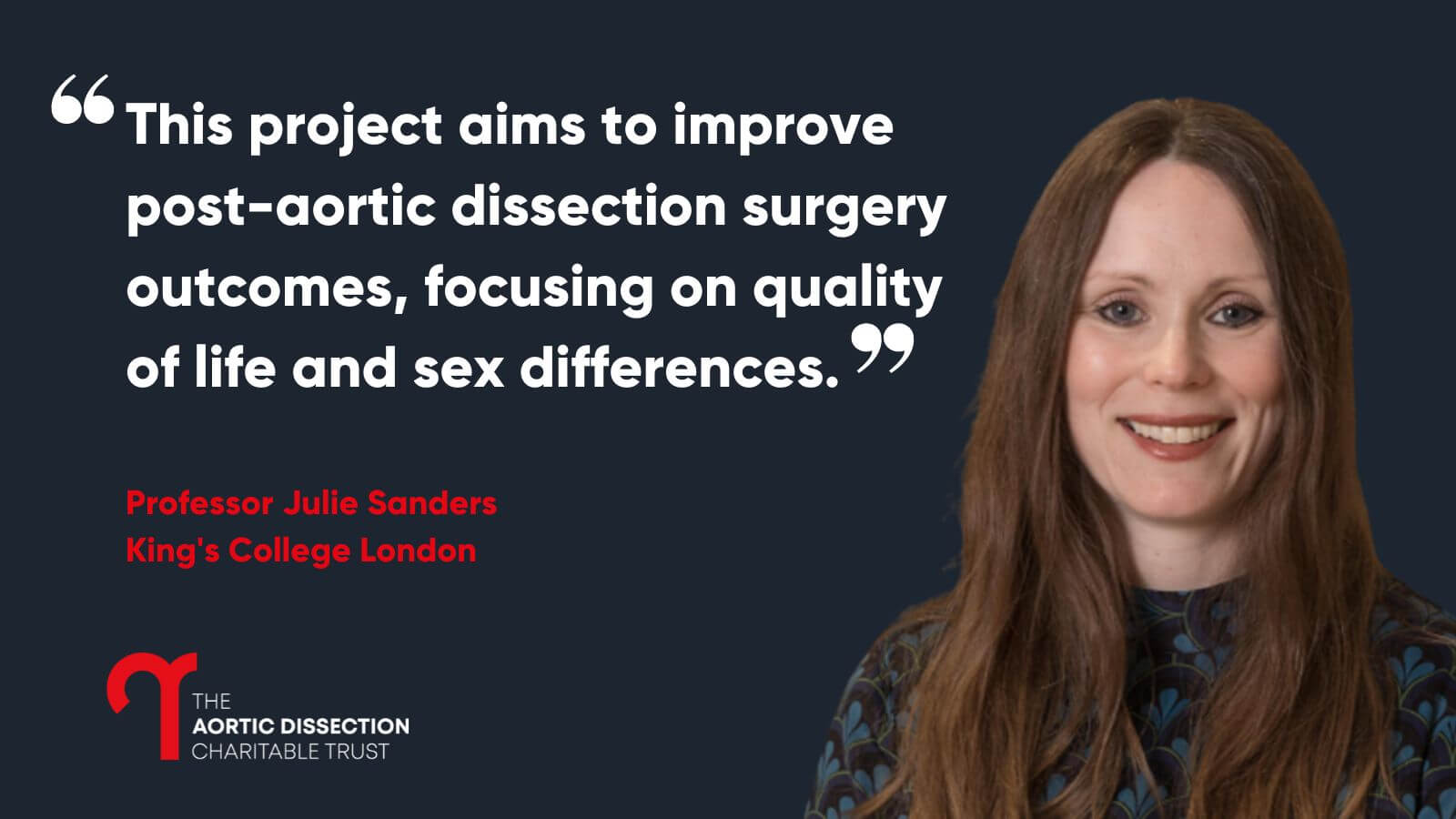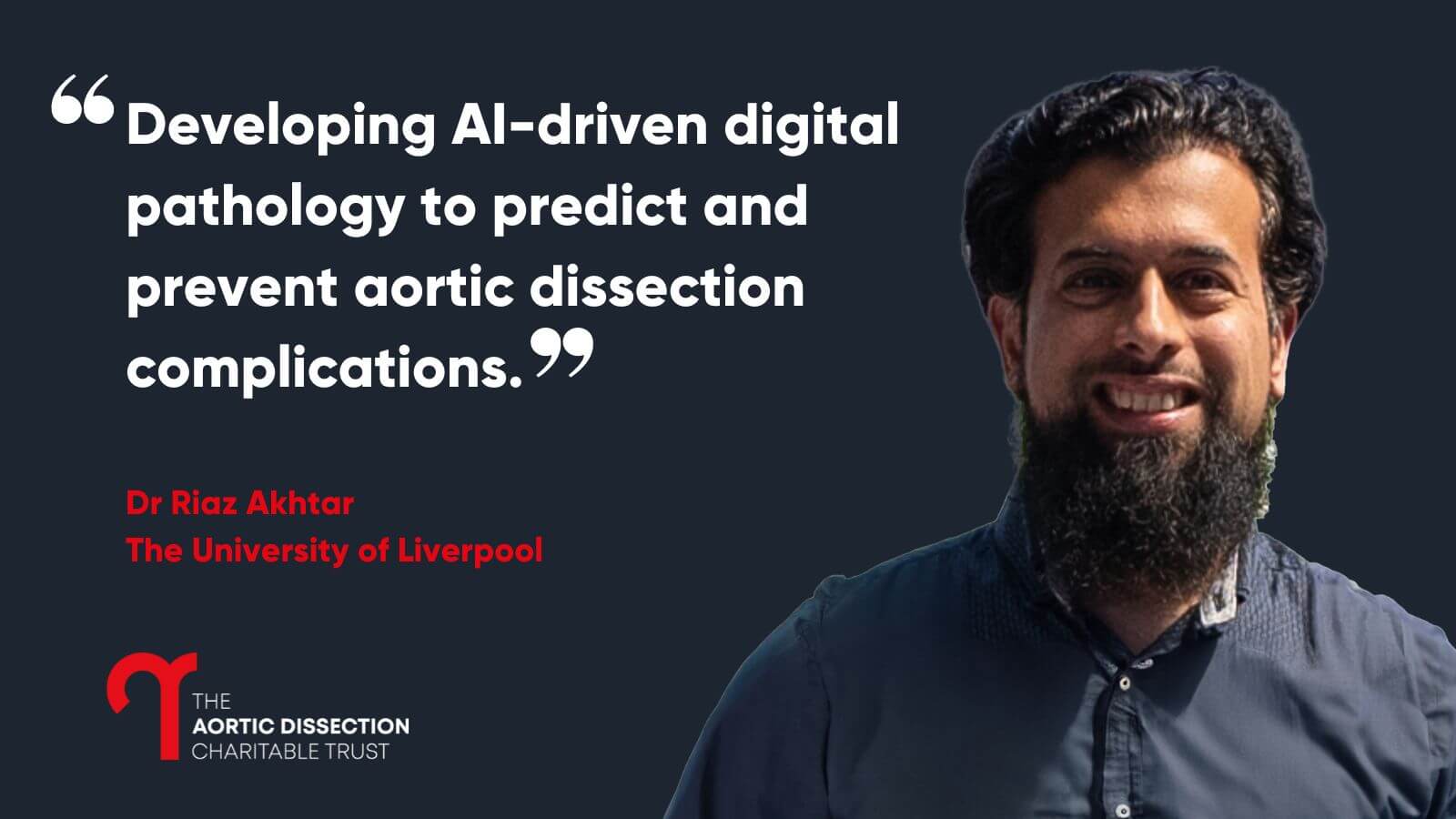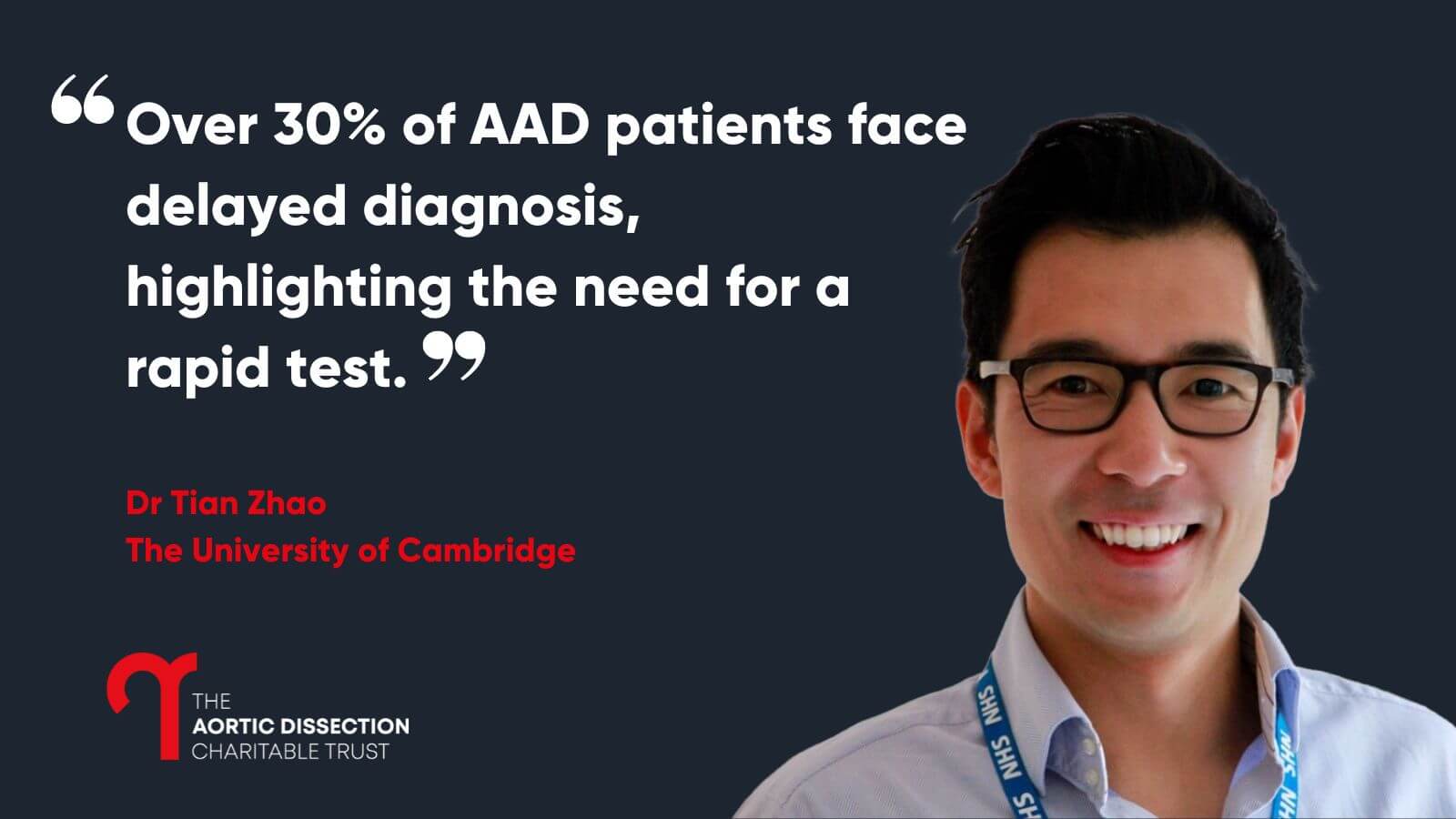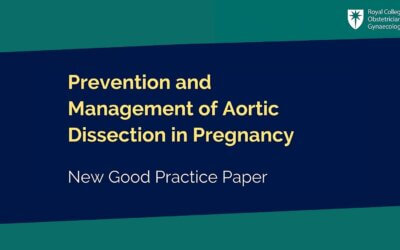We are excited to reveal the recipients of this year’s aortic dissection research grants. The selected projects reflect a dynamic shift towards pioneering advancements in diagnostic tools and techniques for this life-threatening condition. Each proposal was carefully chosen for its ingenuity, potential for real-world impact, and dedication to improving patient care. These grants mark an important step in pushing the boundaries of our understanding and treatment of aortic dissection, aiming for outcomes that can save lives and enhance quality of care.
Global Collaboration and Mentorship in Aortic Dissection Research
Dr. Kim Eagle, director at the Frankel Cardiovascular Centre, discussed his extensive work in aortic dissection, focusing on his involvement in both clinical care and research. He highlighted the development of IRAD (International Registry of Aortic Dissection), a global initiative studying over 15,000 patients across 60 centres. His passion for advancing the understanding of this rare but devastating disease extends to genetic research through GenTAC, a collaborative effort studying inherited forms of aortic disease.
Sometimes you might look at the size of the grant and say, geez, that’s not so very much. But if you think about priming the pump and getting an idea started or a young scientist on their way… some of them turn out to be rockets.
Dr Eagle emphasised the importance of funding, mentorship, and collaboration in fostering new research. He encouraged young researchers to harness their passion, seek global mentorship, and persist in their work, noting that even small projects or grants can lead to significant advancements.
Be bold. Think broad. Think big. Think global… and don’t give up. Never, never give up.
Award 1 – Sex-Specific Outcomes and Quality of Life Post-Aortic Dissection
This project explores the long-term health-related quality of life (HRQoL) and recovery outcomes for patients after aortic dissection surgery, with a particular focus on sex-specific differences. Despite high post-surgery survival rates, research into the psychosocial impact and HRQoL for AD survivors is limited, especially within the UK and Ireland. The project aims to address these gaps, recognising that women may experience poorer outcomes than men. Led by Professor Julie Sanders, this study will actively involve patients and the public to shape research priorities and improve post-AD care.
Award 2 – AI-Driven Digital Pathology for Aortic Dissection
This project seeks to revolutionise post-aortic dissection care by integrating digital pathology and artificial intelligence into routine surgical assessment. Currently, predicting future risks in aortic dissection patients remains subjective and imprecise. By developing AI-powered software to analyse aortic tissue samples, this project aims to provide surgeons with accurate, real-time insights to inform future interventions, such as stenting. Combining digital pathology with long-term disease data will create predictive models, offering a clearer understanding of disease progression and potentially improving patient outcomes through earlier intervention.
Award 3 – Diagnostic Blood Test for Acute Aortic Dissection
This project aims to develop a groundbreaking blood test for diagnosing Acute Aortic Dissection, offering a faster, less resource-intensive alternative to CT scans. Currently, only 3% of CT scans for suspected AAD yield positive results, highlighting a critical need for a more efficient diagnostic tool. By identifying a unique blood signature for AAD, the new test could reduce reliance on radiation-heavy scans, allowing for quicker, safer diagnosis. This innovation has the potential to save lives by enabling earlier detection and more targeted treatment of AAD.
Excitement for the Future
Our heartfelt congratulations to the recipients of the 2024 grants. Your work has the potential to redefine the landscape of aortic dissection diagnosis and treatment, and we are eager to see the life-saving innovations that will emerge from your research.
A sincere thank you goes to our dedicated supporters and fundraisers whose efforts make these grants possible. Your generosity is the backbone of progress in this field, and your contributions are truly invaluable.
To all who applied for the grants, your passion for advancing aortic disease research is inspiring. Although not every project could be funded this time, your work continues to be an essential part of the journey towards better patient outcomes.
Looking ahead, the 2024 research grant applications will open in the spring. We invite anyone with a passion for innovation in aortic health to engage with our research community, as we continue to strive for breakthroughs in the years to come.







